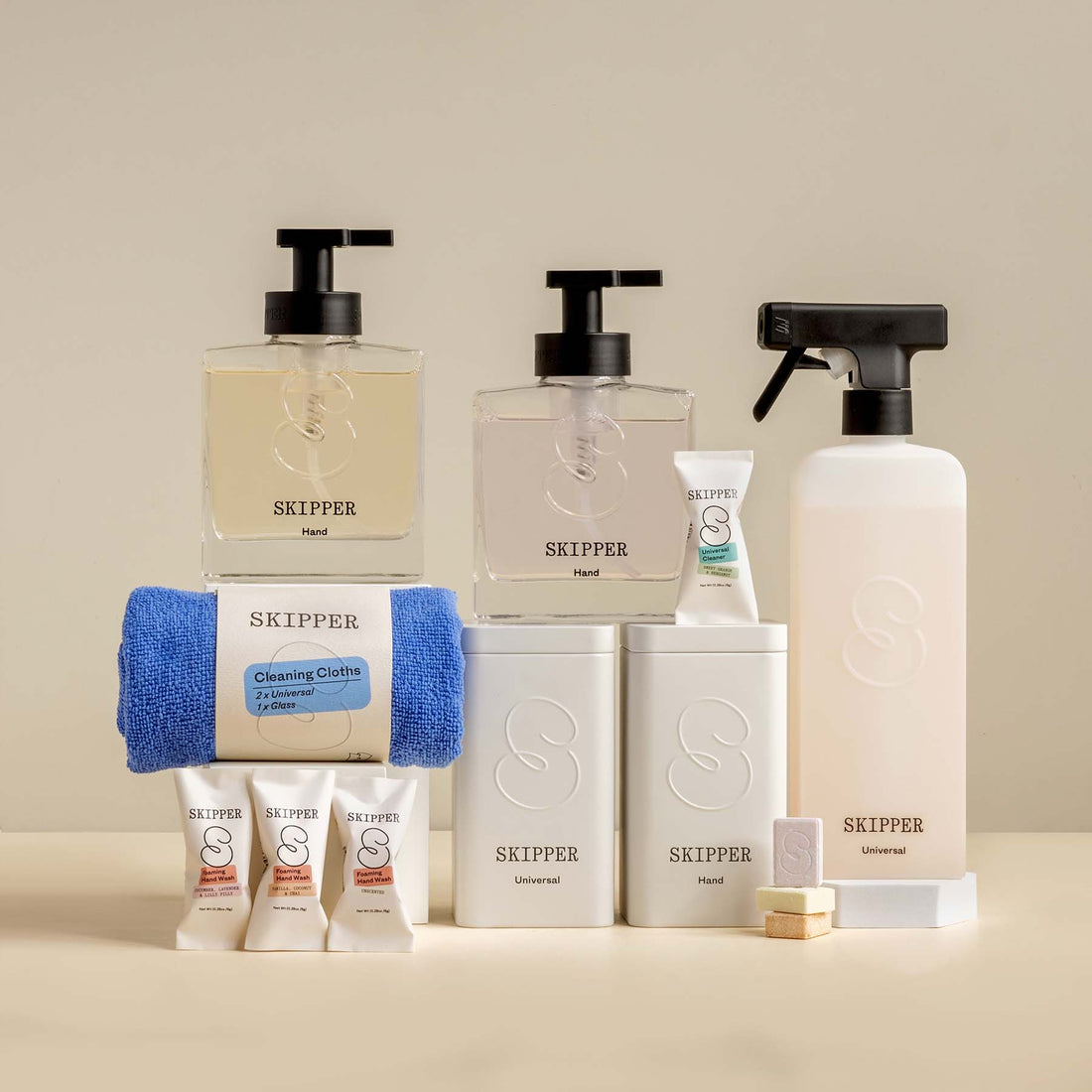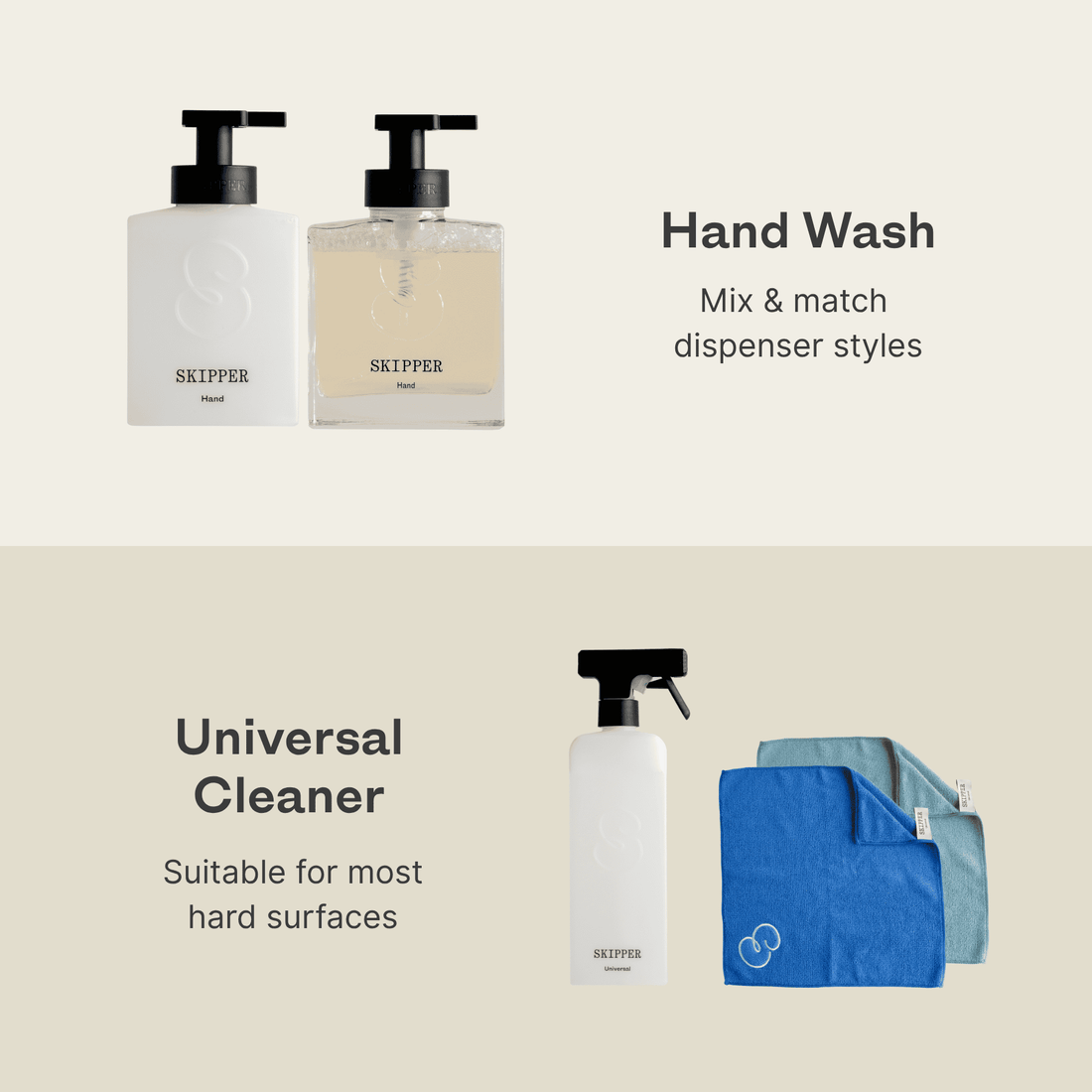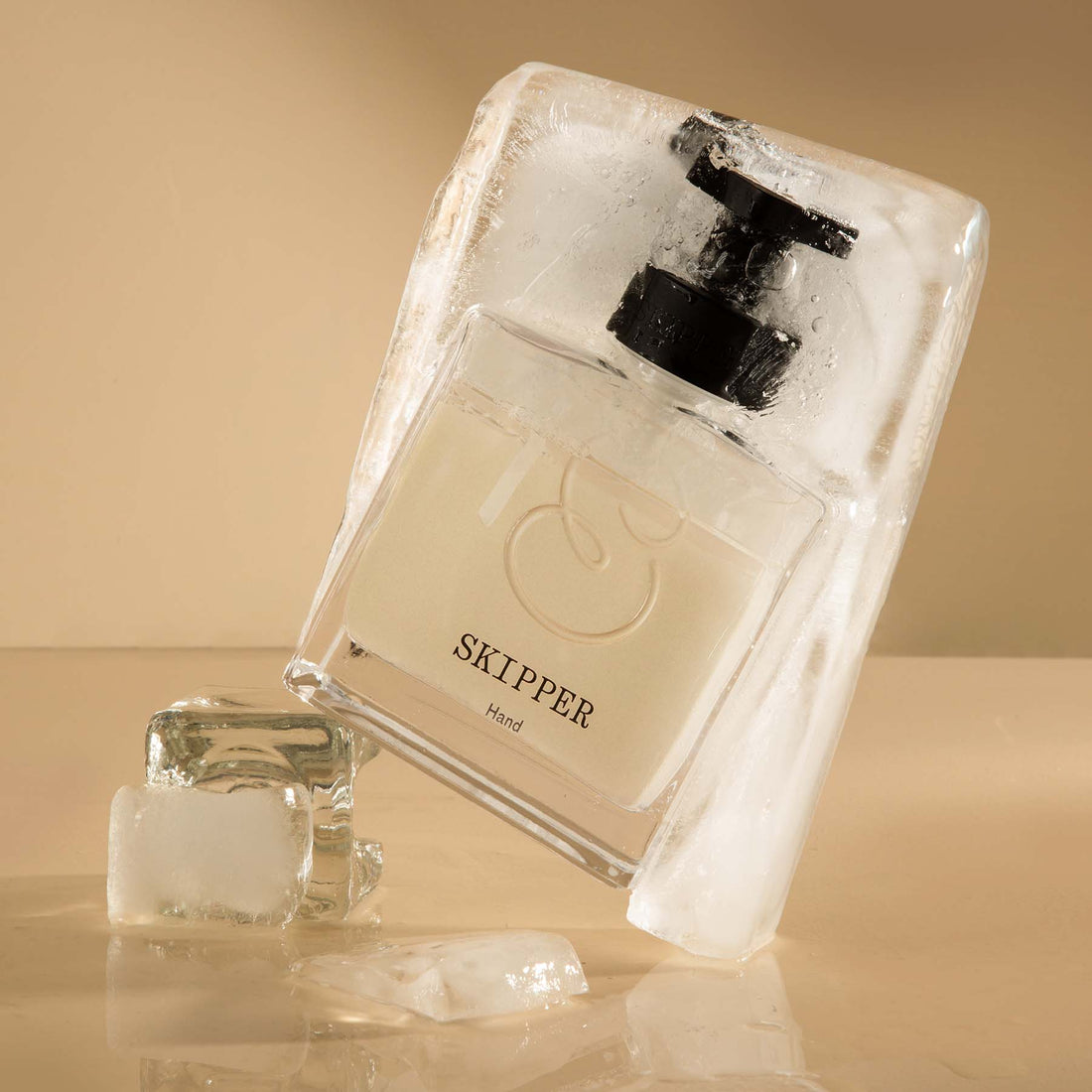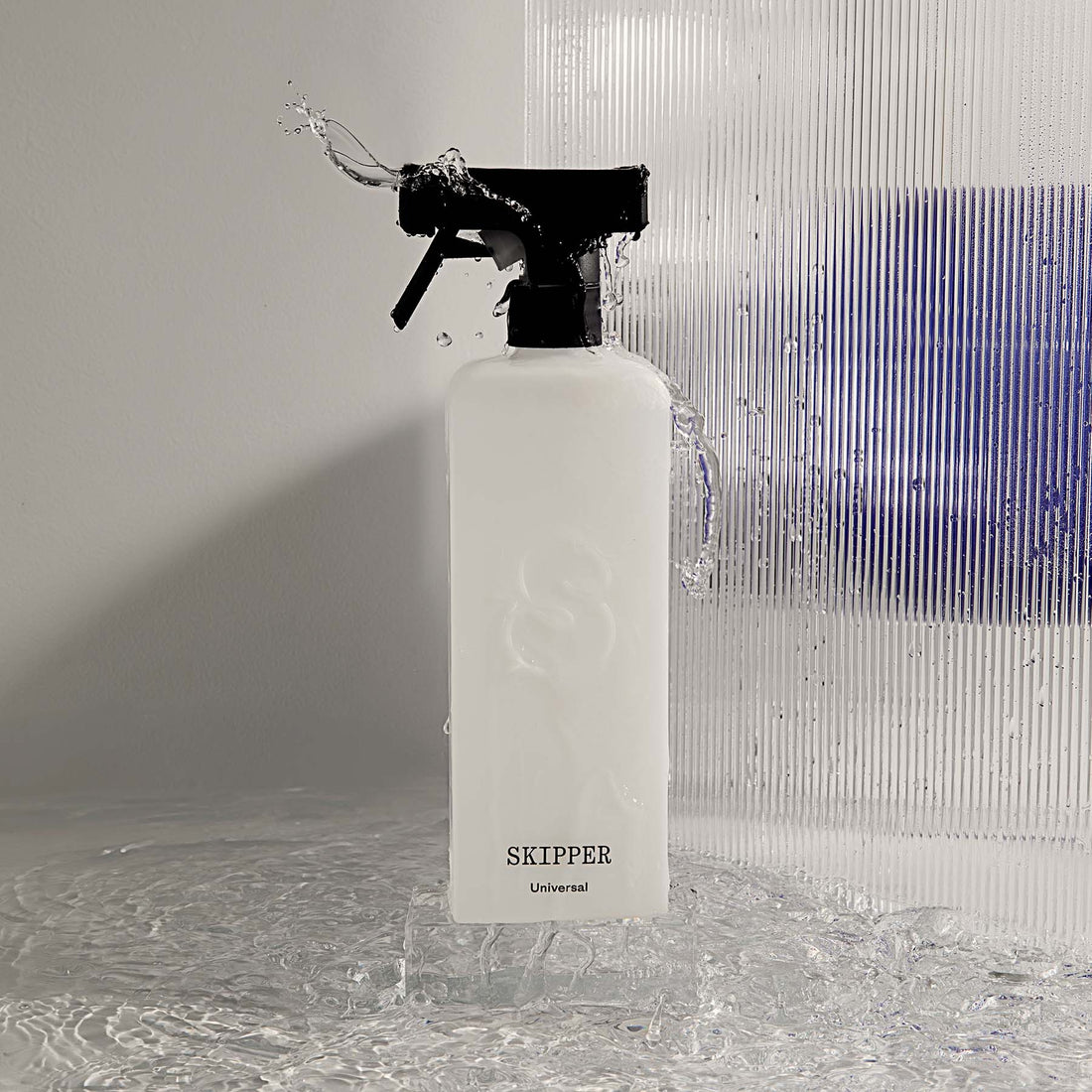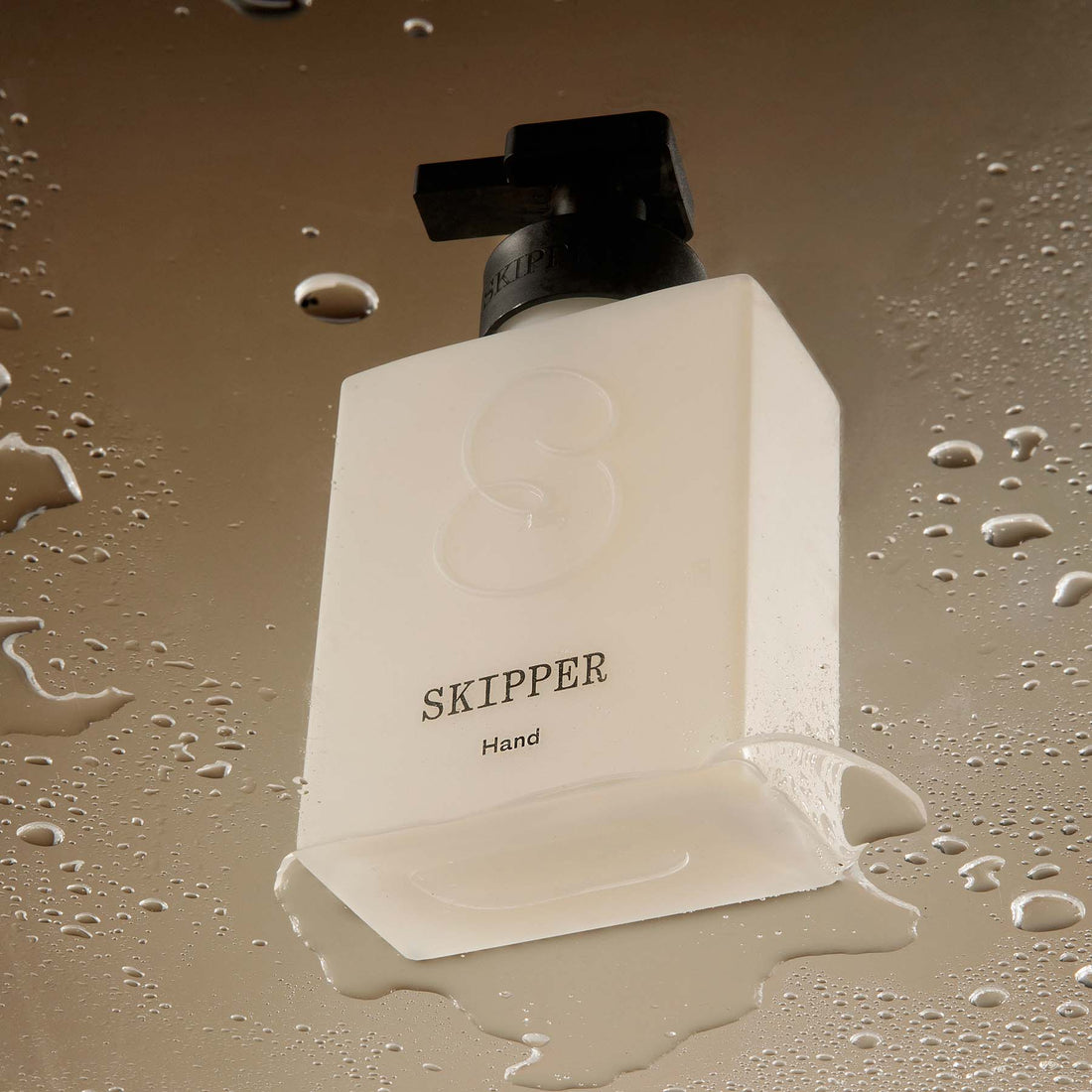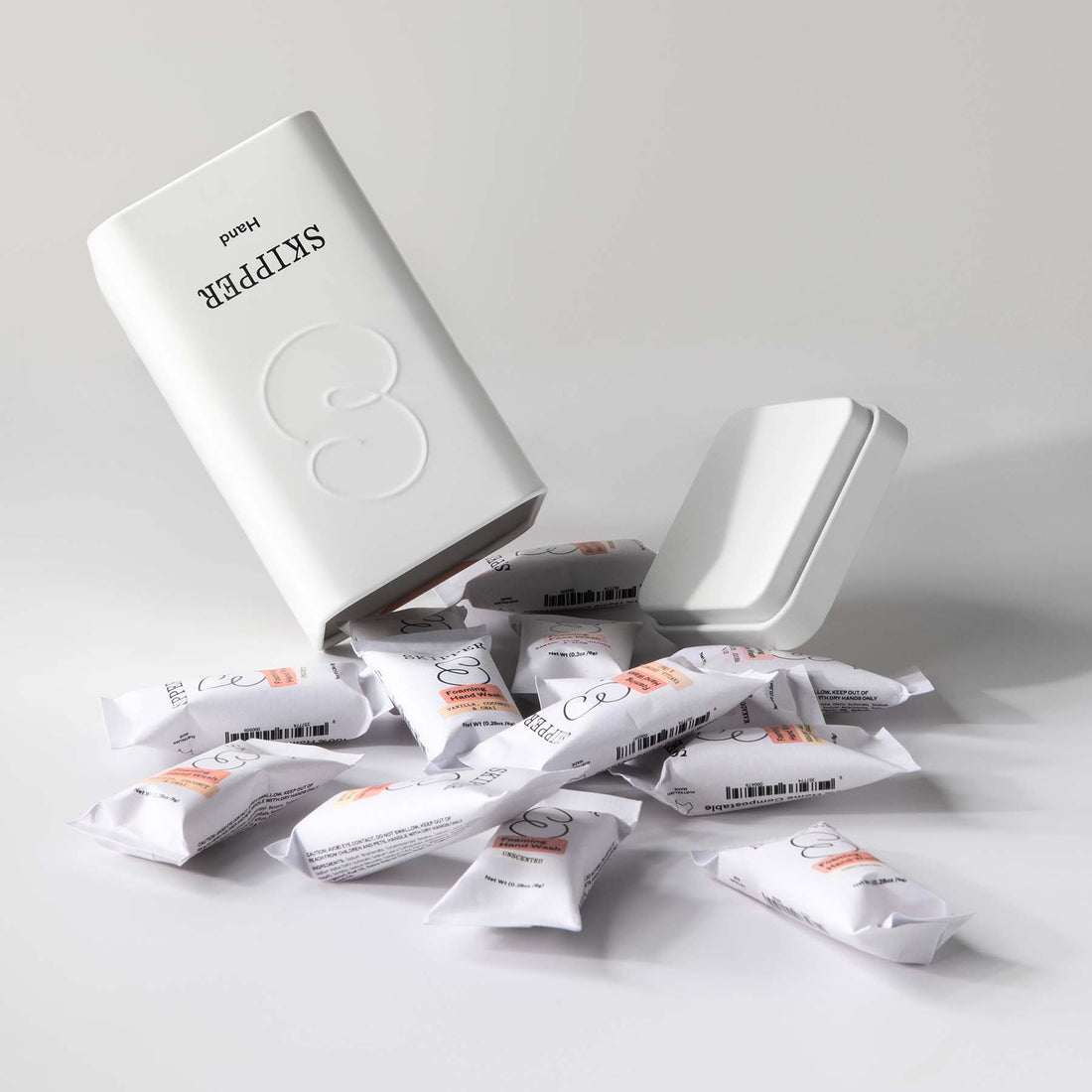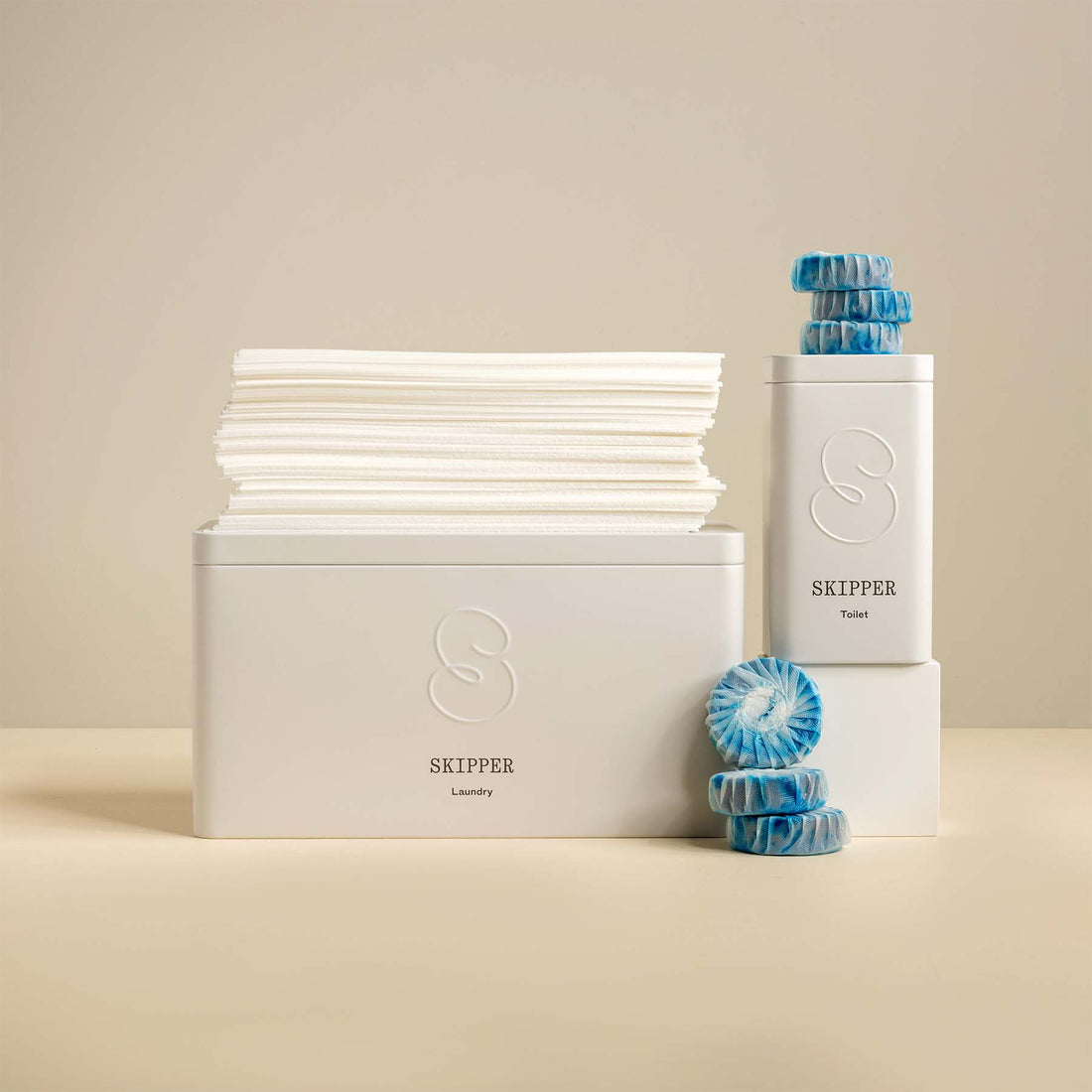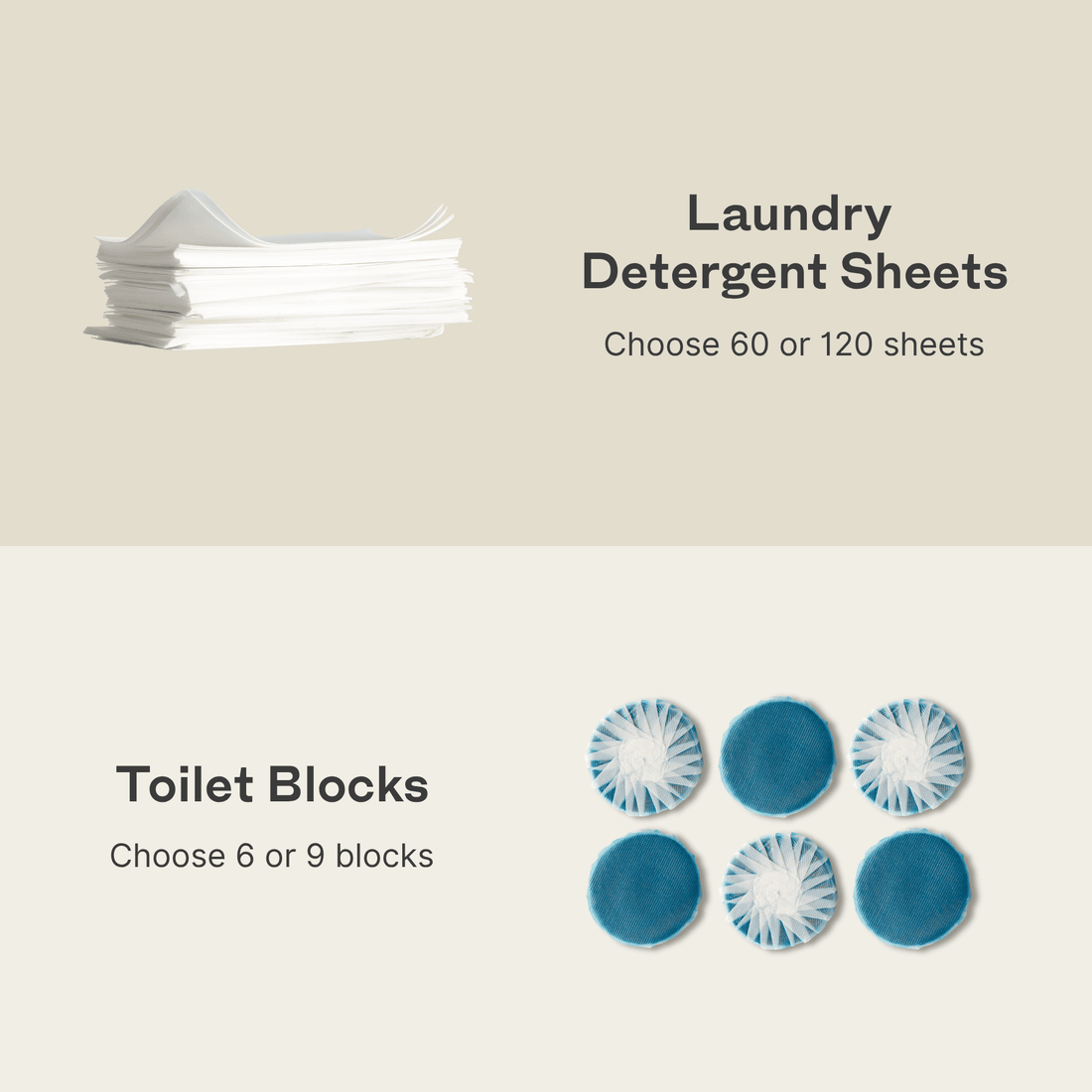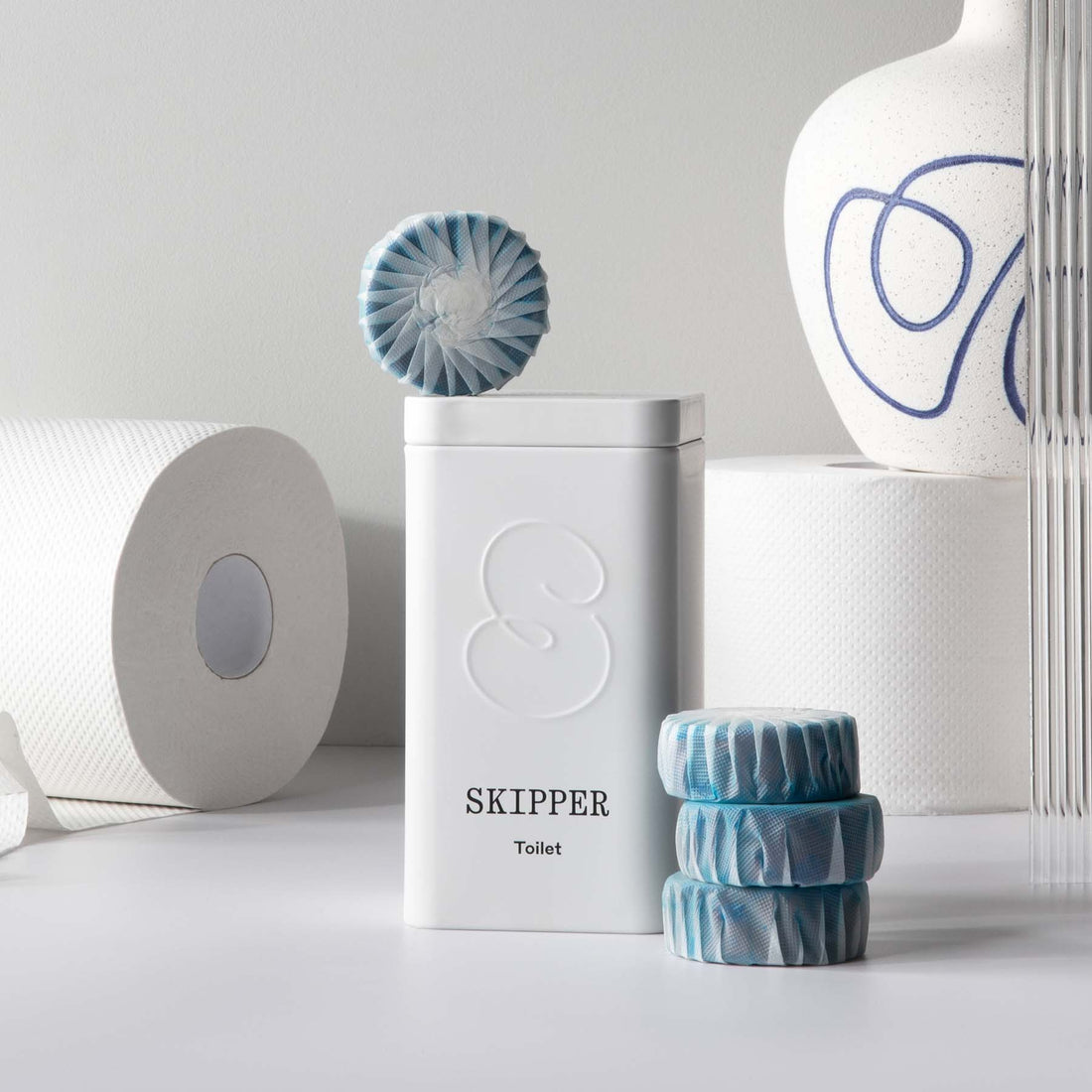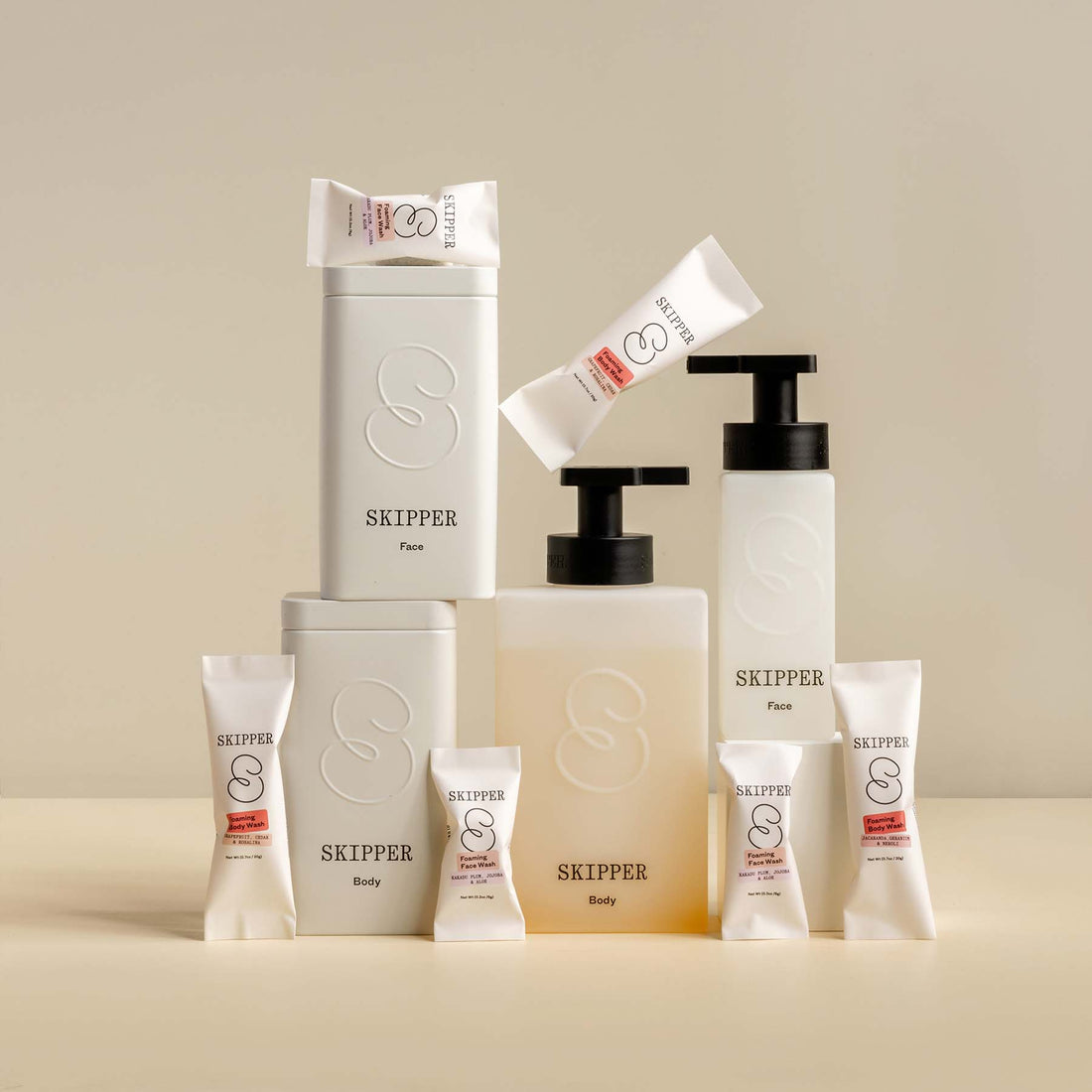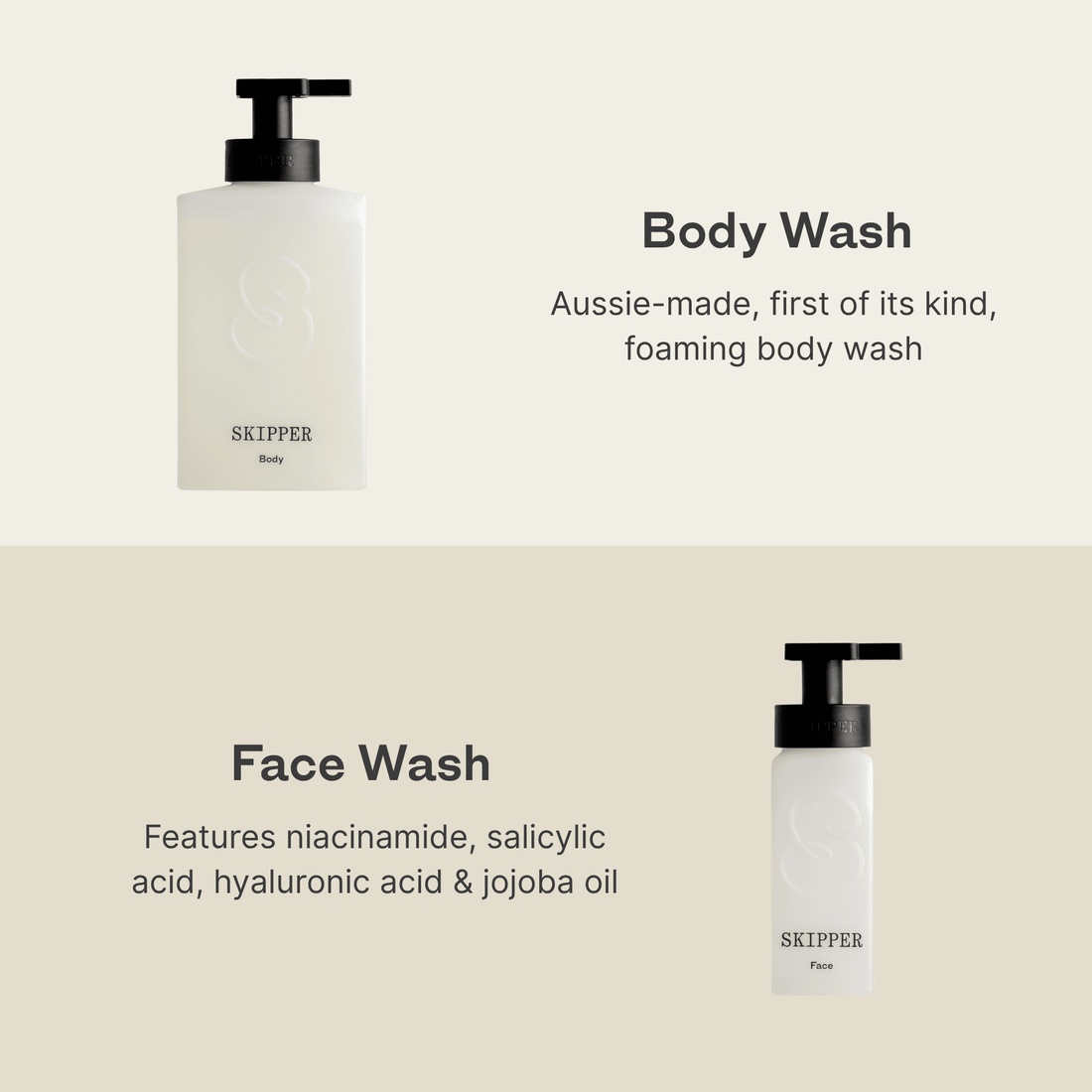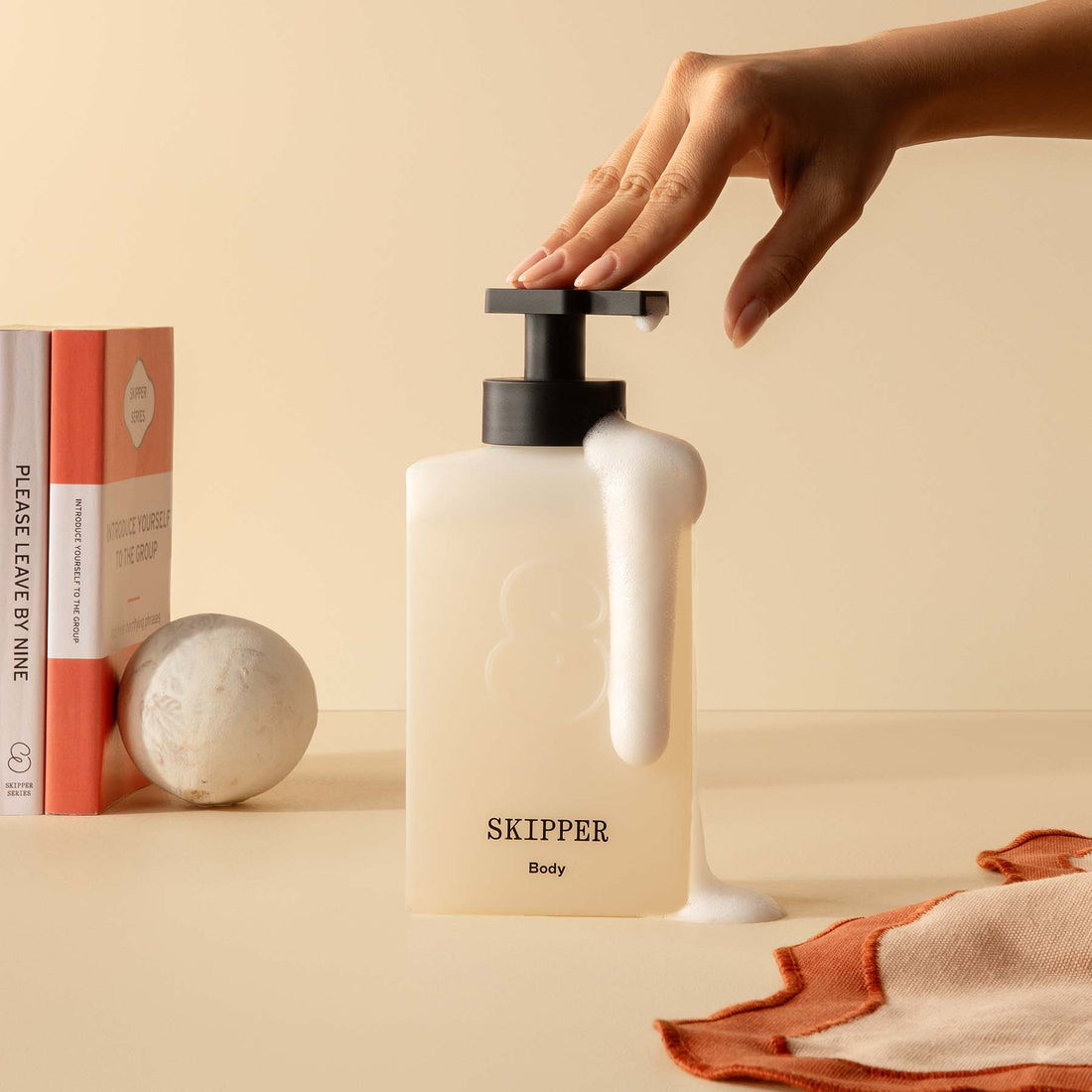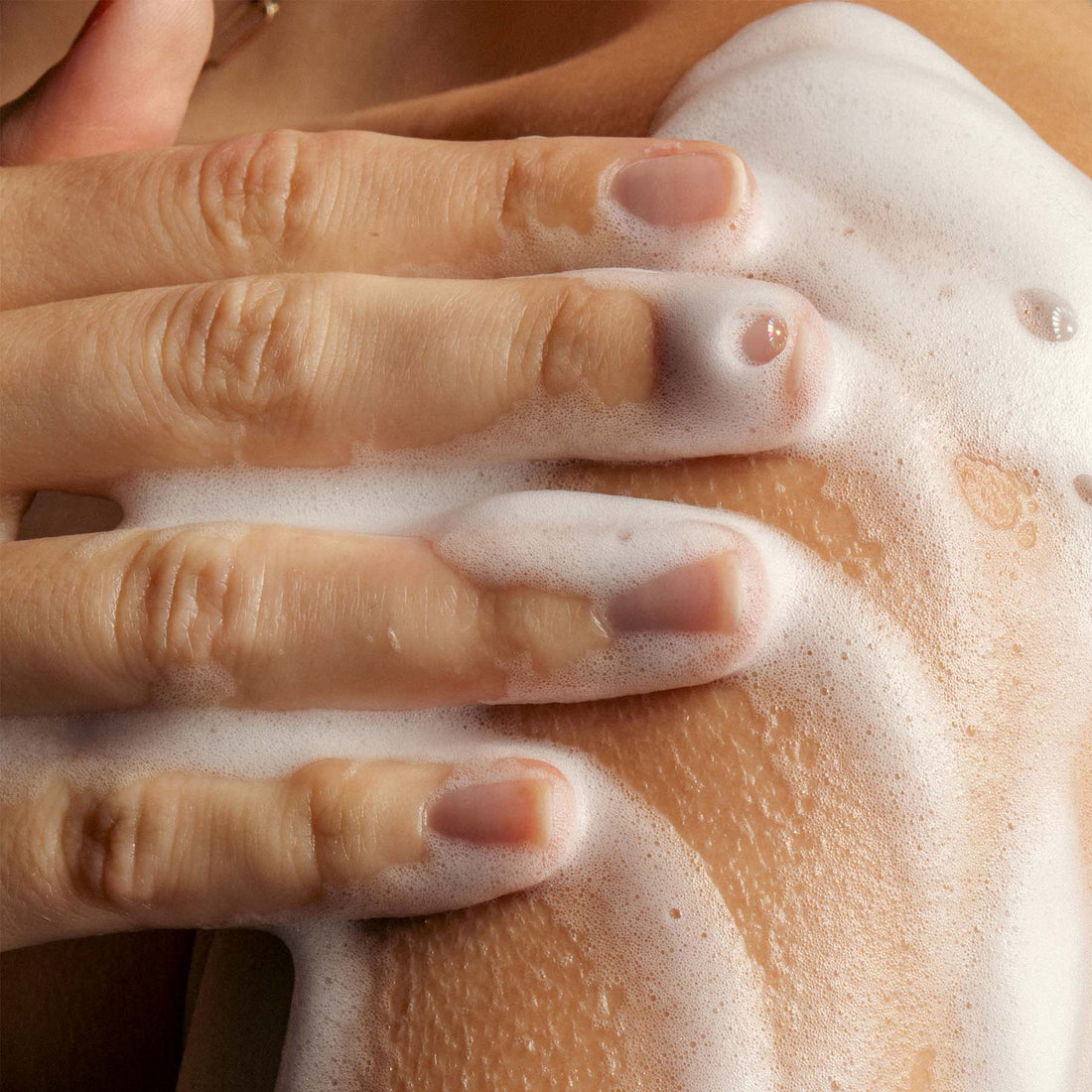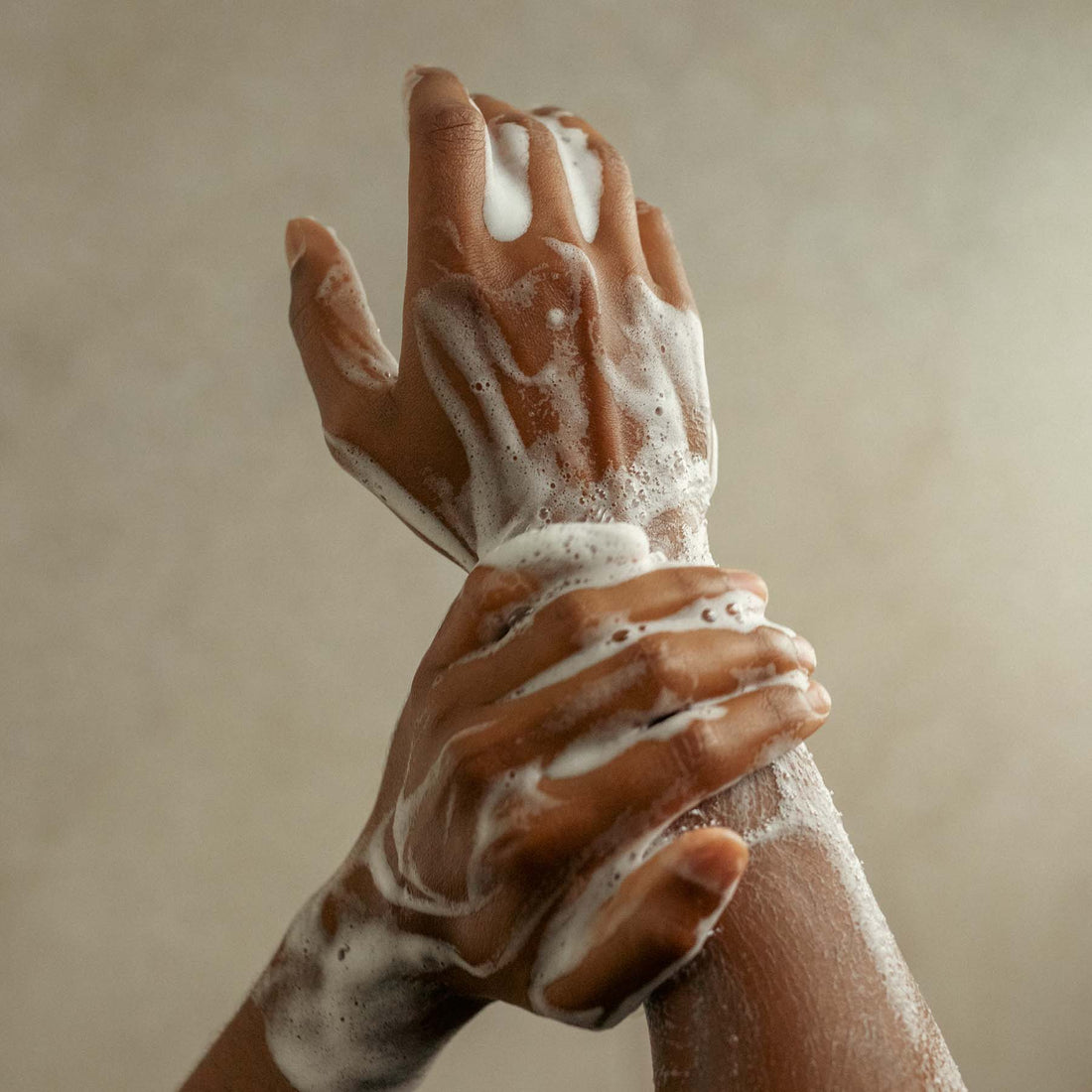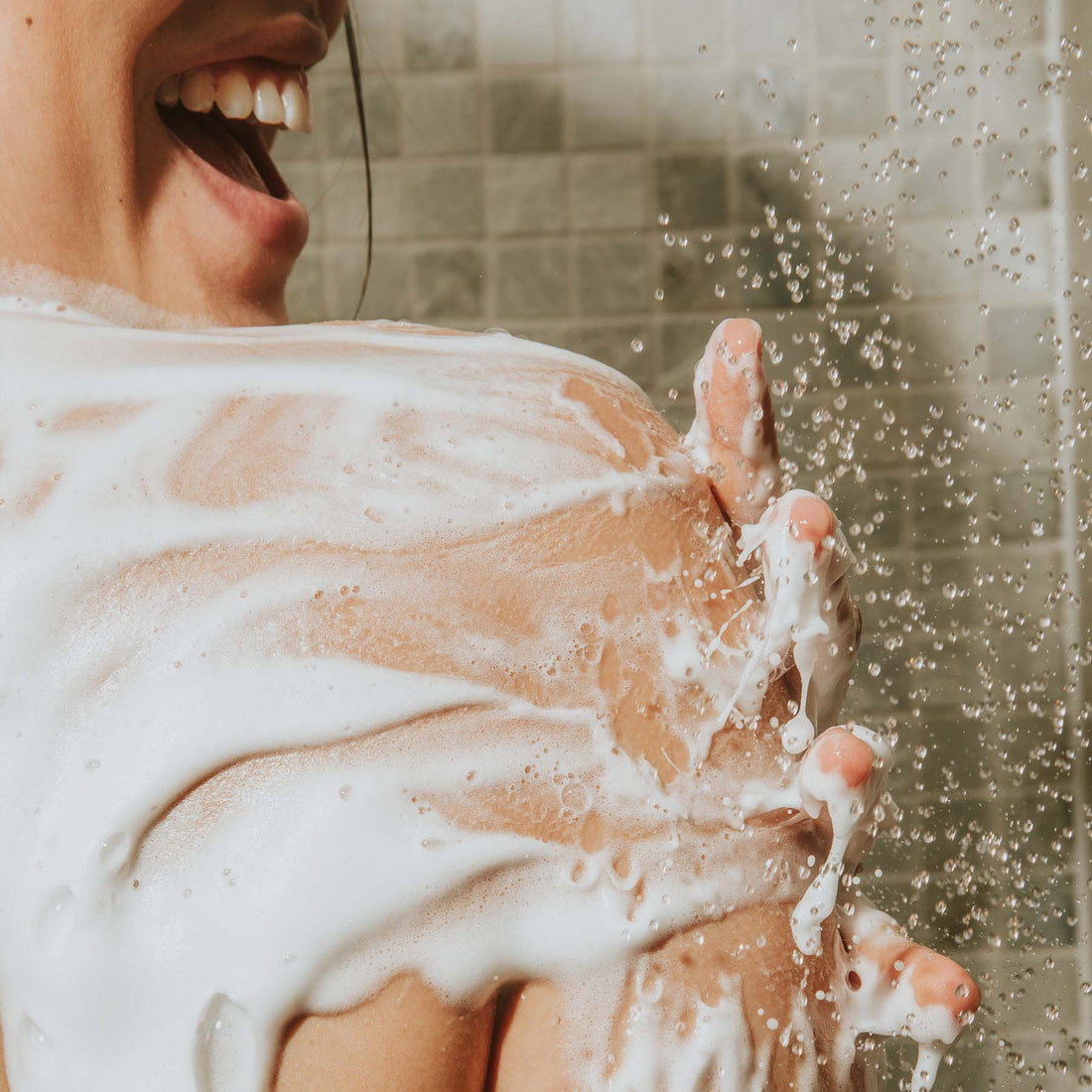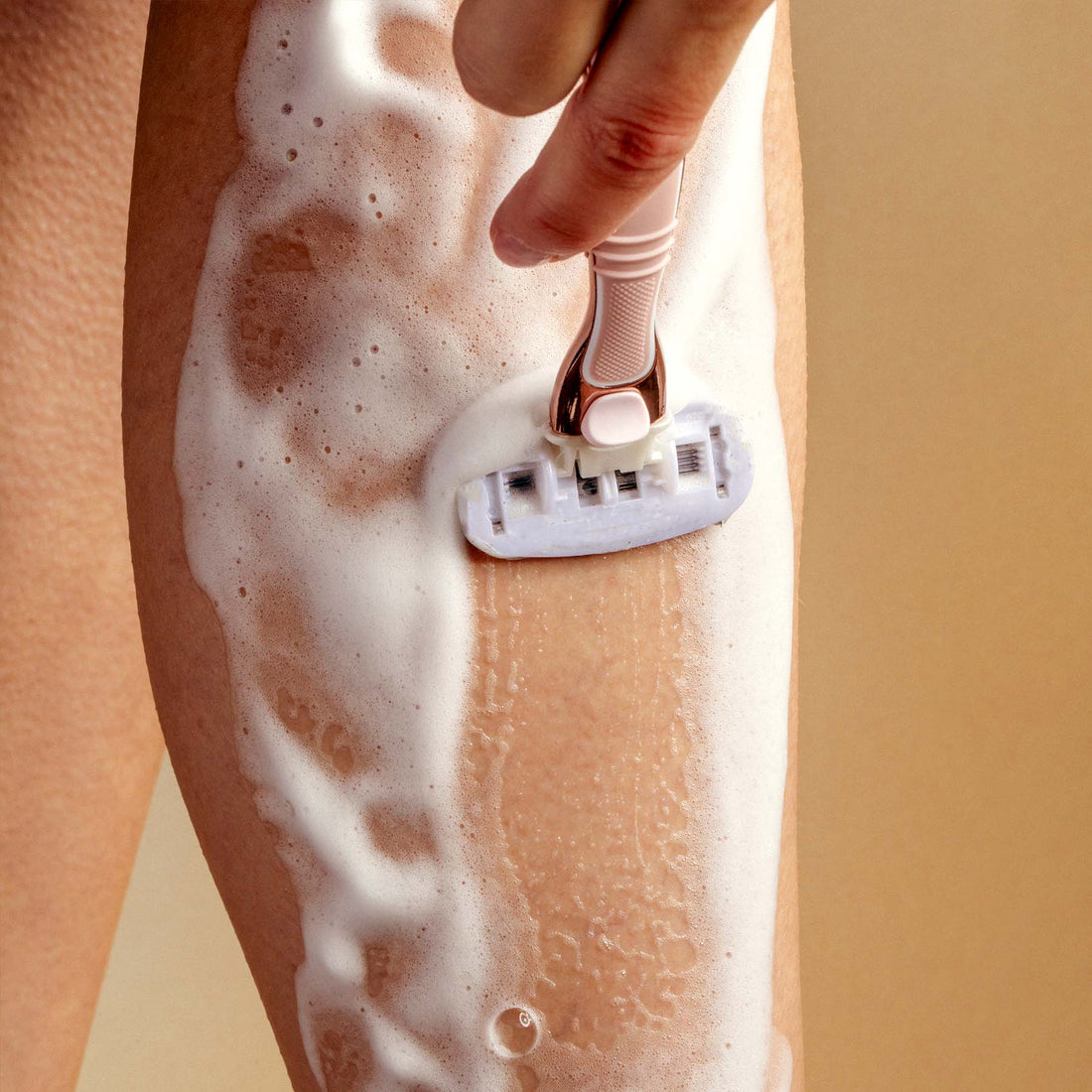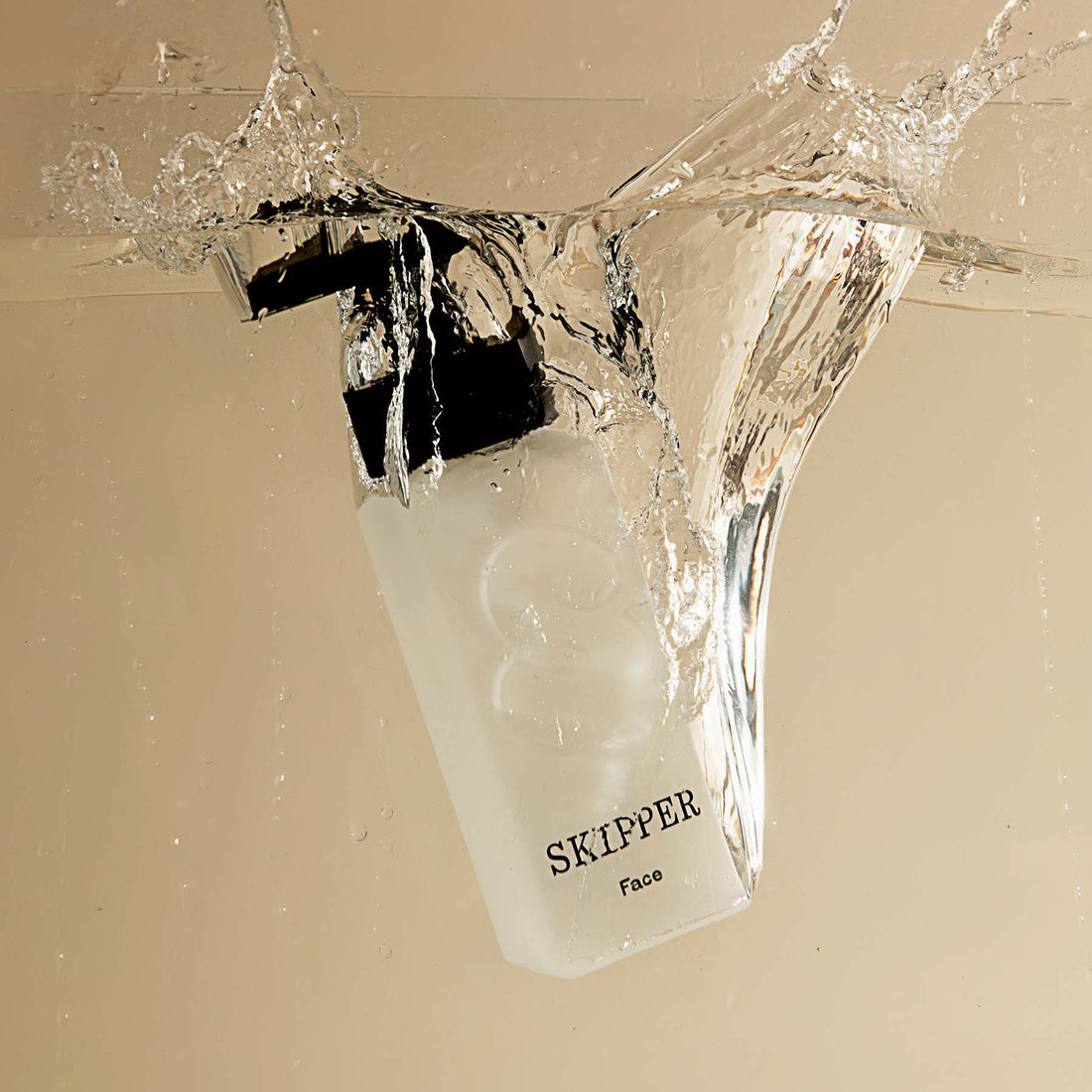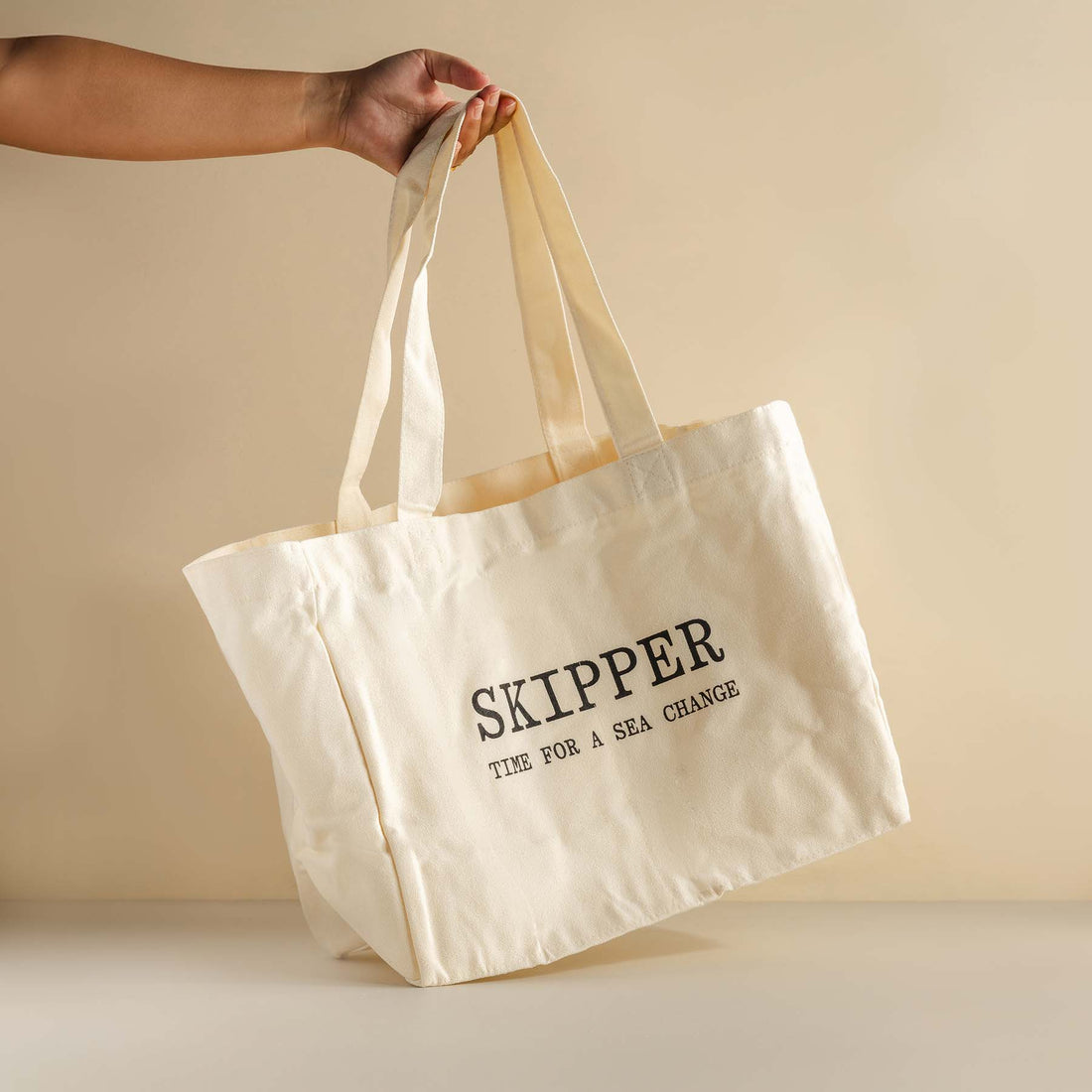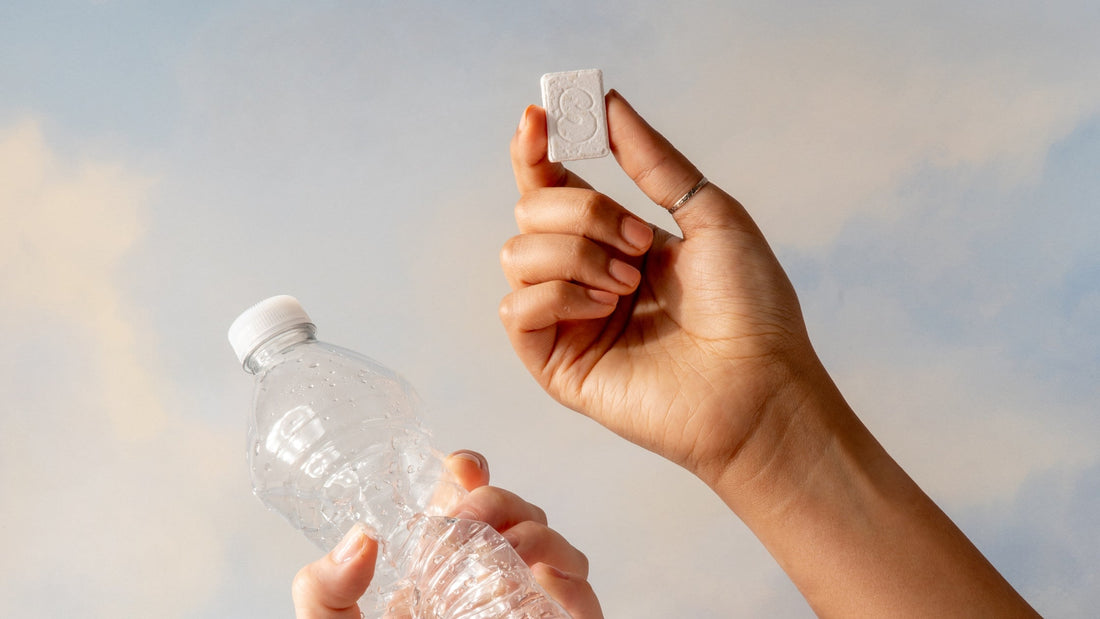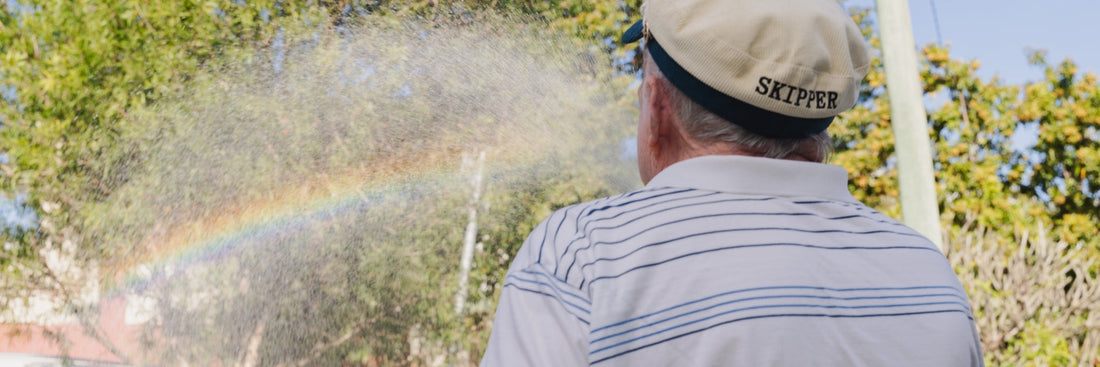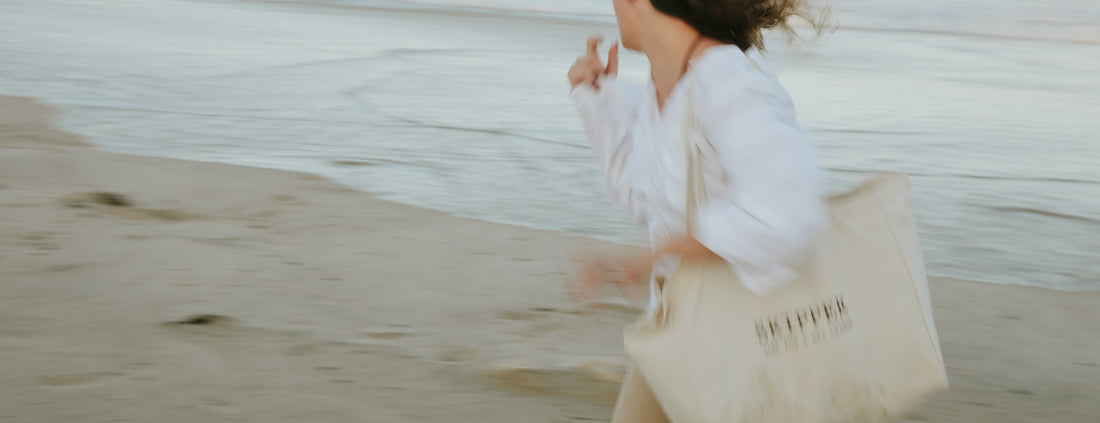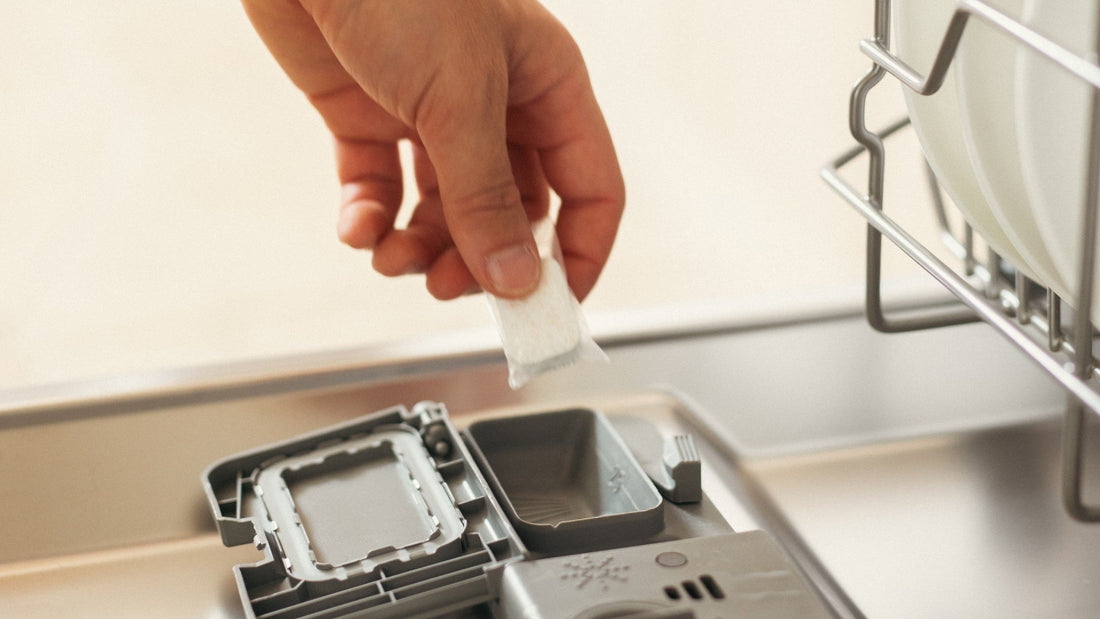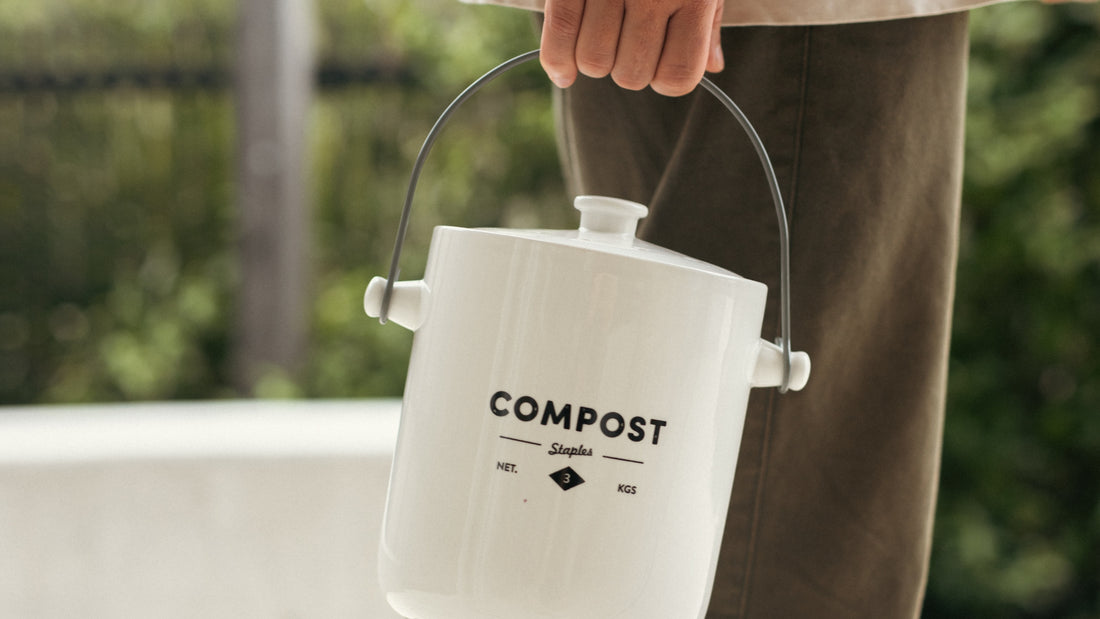The trend of eco-friendly products is on the rise. More people are now conscientious about how their actions could harm the environment around them. As a result, they’re making changes and opting for products that are made from more sustainable materials and result in less waste for our planet.
Using eco-friendly products makes your home more environmentally friendly and reduces your carbon footprint. If you’re not sure where to start, we have a few recommendations to get you on the right track.
Here are 10 eco-friendly products you can start to use in 2025:
1. Eco-Friendly Clothing
The increase in popularity of eco-friendly clothing has prompted many fashion brands to become more socially responsible by adding natural or organic pieces to their range. One of the best ways to reduce your waste is to invest in good quality pieces made from natural fibres. These can be anything from hemp or linen to organic cotton. The benefit of natural fibres is that, unlike things like polyester, they don’t have any plastic in them. This means that, when you wash your clothes, your wash cycle won’t release microplastics into the water - a win for you and a win for the environment.
You can also find eco-friendly clothing made using recycled materials. Textile waste is a huge issue for our planet, so recycled textiles or buying vintage is a great way to reduce your impact.
2. Green Cleaners
The most common ingredients in commercial cleaners are ammonia and bleach. These ingredients have a very strong smell and can be toxic to humans. People who are allergic to the chemicals found in household cleaners experience coughing, throat irritation, chest tightness, sneezing and sinus problems when exposed to them.
Equally, if you love a deep clean but combine different products, you can accidentally create toxic fumes - meaning that natural solutions are a better alternative. Not only do they get the job done well, but you won’t be washing away chemicals that are damaging to the water table and wildlife.
Green cleaning products such as vinegar, lemon juice and baking soda are inexpensive, easily available and are an eco-friendly alternative to cleaners made using toxic chemicals. Or, you can opt for an easy to use universal cleaner from Skipper that can be used across the whole home on all your non-porous hard surfaces, from stainless steel and tile to marble and glass.
3. Biodegradable Trash Bags
Rubbish is an unavoidable thing, but there are ways you can reduce the impact that everyday household waste has. Biodegradable trash bags are made to degrade faster than normal trash bags. There are a variety of different biodegradable materials that can be used to produce these types of trash bags, including corn-starch, cellulose fibres and polylactic acid.
Biodegradable trash bags are sturdy, leak-proof, decompose quickly in landfills and can be recycled as compost or soil conditioner. To reduce your household rubbish further, consider adding things like cardboard and kitchen scraps to a compost bin at home.
4. Low-Flow Shower Fixtures
A low-flow shower fixture reduces water flow from the main shower head.
These systems use less water than your standard high-flow fixture, which is environmentally friendly and will save you money on your monthly bill. You don’t need to sacrifice a powerful shower with good water pressure when you get one, either. In fact, they often deliver better water pressure than a standard shower head without needing as much water, making them a good option for anyone who has trouble reaching their desired level of pressure when they turn on the tap.
5. Recycled Toilet Paper
Several countries have been recycling their waste for decades and recycled toilet paper is another way to help conserve natural resources and reduce the amount of waste in landfills. There are plenty of great brands offering recycled options, making it an easy swap for everyone’s household.
Recycling toilet paper reduces the need for virgin materials and makes a big difference in reducing its greenhouse gas emissions.
6. Reusable Water Bottles
Reusable water bottles made from metal, glass, and other materials are a popular choice for environmentally conscious people. Single-use plastic bottles are expensive, and more than half of them end up in landfills. Plastic can only be recycled up to five times before it’s too soft and has to go to a landfill or get incinerated, meaning a refillable bottle is a great option. They’ll last you for years and don’t release microplastics into your drinking water when you opt for stainless steel or glass.
They can potentially protect the environment in a significant way by decreasing the amount of garbage generated. Always keep your drinking water clean between uses by washing and drying it thoroughly.
7. Edible or Reusable Crockery and Cutlery
A recent innovation that’s gaining popularity, edible crockery and cutlery are more sustainable than regular crockery, being made from natural, biodegradable materials.
As the name suggests, edible crockery and cutlery can be eaten at the end of the meal. Since there’s no washing required, it is even more environmentally friendly. An important food safety benefit is the reduction of cross-contamination as utensils are not shared and all food waste is left on the plate.
Another option is to just pop some cutlery from home into your bag in a lunchbox or wrapped up in a fabric napkin. You can use them for lunches when you’re out and about, then put them in the dishwasher at the end of the day. Using what you already have is one of the simplest and effective ways to reduce waste!
8. Plastic-Free Meal Containers
Recent trends in environmentally conscious living have made reusable, non-plastic meal prep containers increasingly popular.
Reusable, non-plastic meal prep containers are a great investment. You can stop using plastic Zip lock bags and Tupperware containers to store your food. They are BPA and phthalate free which means they will not leach any toxins into your food or drinks.
They are microwaveable, dishwasher safe, freezer safe and come in an array of colours which make them eye-catching.
9. Organic Cotton Buds
One of the most sanitary and environmentally friendly products available for cleaning ears, organic cotton buds are made from 100% organic material. Organic cotton is hypoallergenic, which means that it will not cause any skin irritation. In addition, you won't find any residues from pesticides or fertilisers on these cotton buds, which makes them a great option to chemical-free alternatives for cleaning your ears.
Along with opting for organic cotton, look for options with wooden sticks like bamboo. They’re durable and, due to their natural materials, can go in the compost bin to break down once you’ve used them.
10. Biodegradable Dishwasher Tablets
To eliminate the possibility of plastic waste, many companies are now looking for ways to produce more biodegradable products.
One way they accomplished this is by creating disposable dishwasher tablets that are made from plant-based materials. For instance, Skipper’s biodegradable dishwasher tablets are formulated from plants & minerals, ultra-concentrated and use a plant-based binder.
Free from food dyes and fillers, they effectively clean dishes at temperatures beginning from 45°C and come in a handy space-saving container.
At Skipper, Environmental protection is at the heart of our business and we are most passionate about doing our part for a better planet.












































